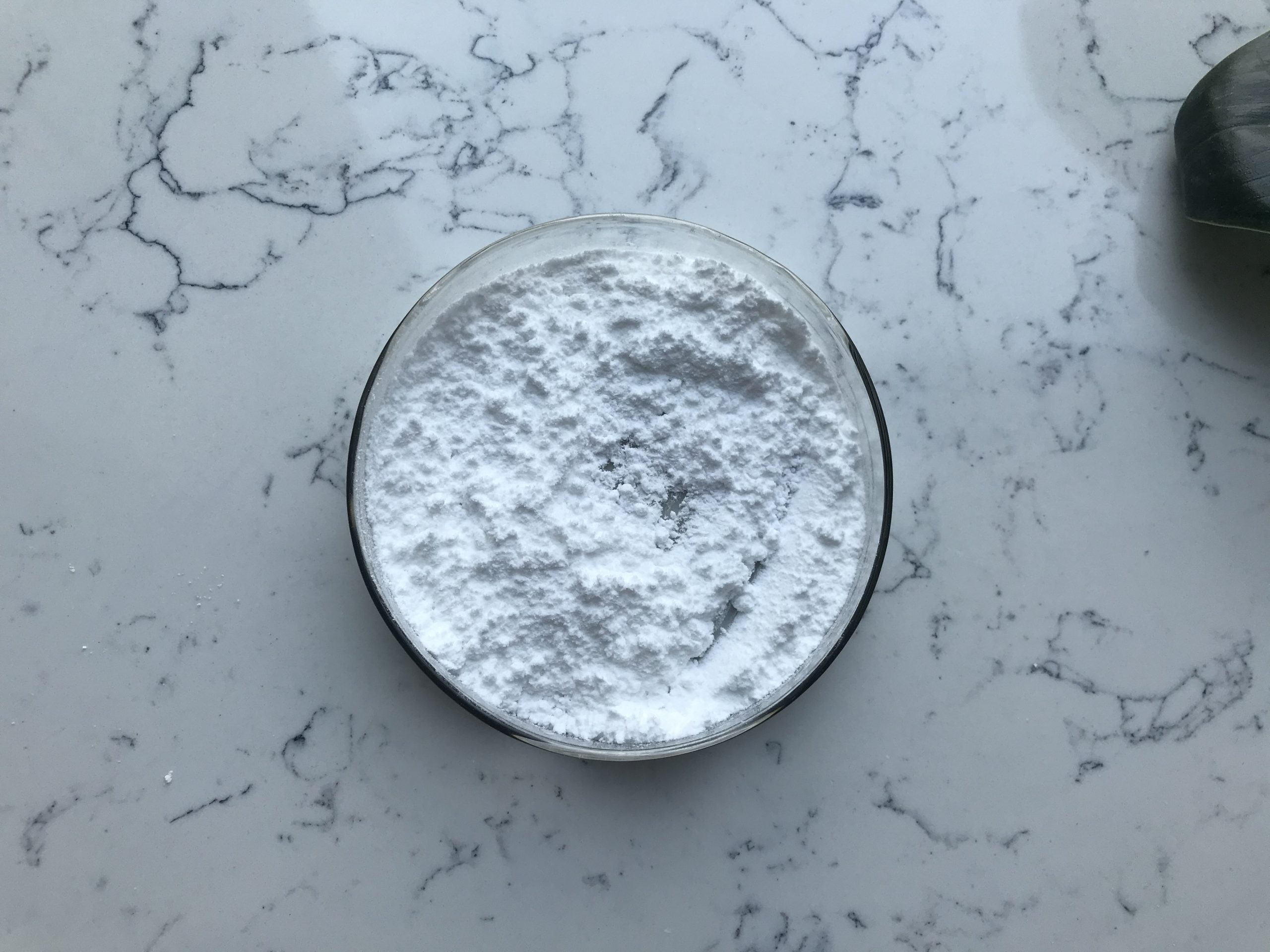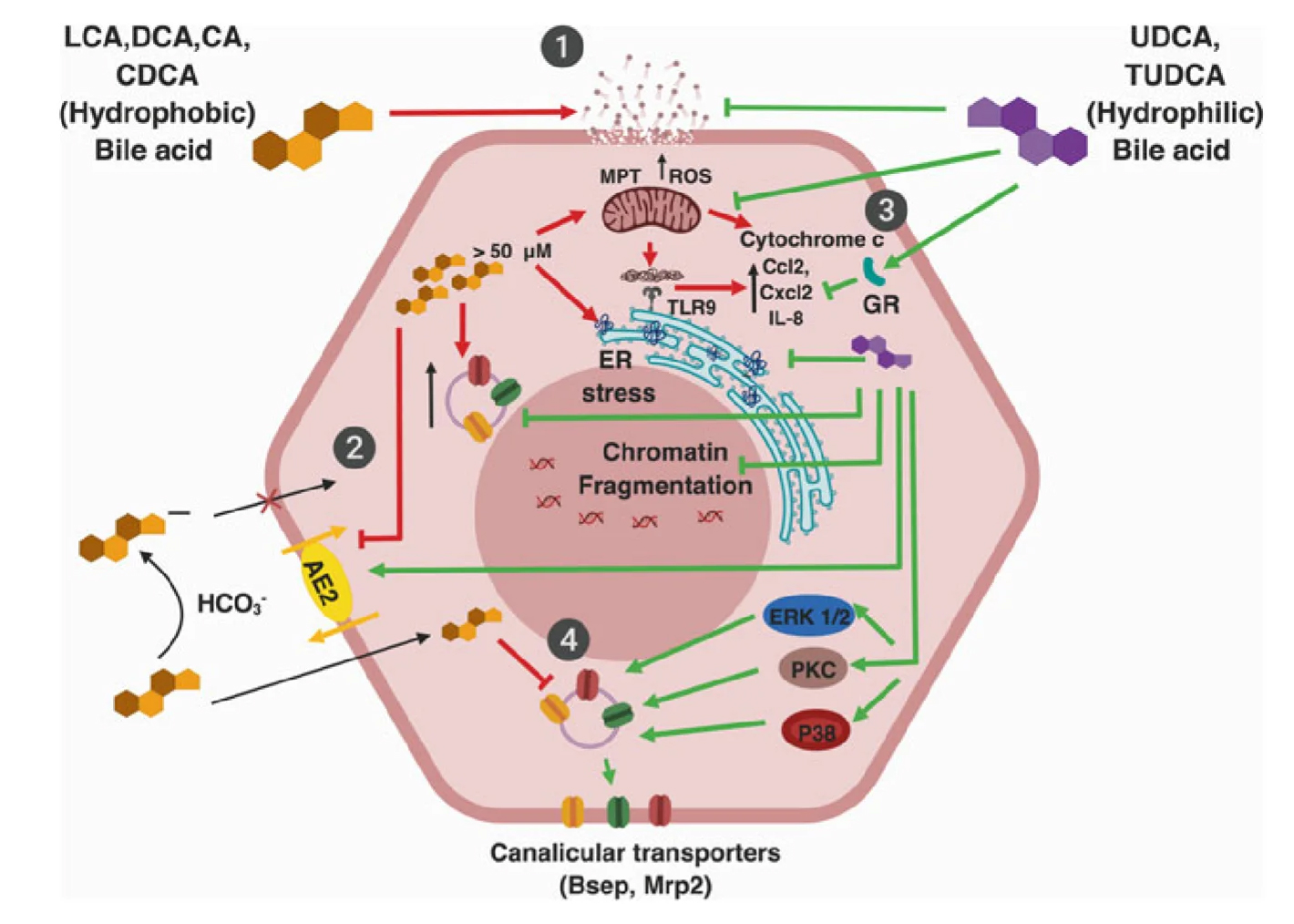UDCA (Ursodeoxycholic Acid) is widely used in clinical practice, particularly for cholestatic liver diseases, but its efficacy remains a topic of debate depending on the condition being treated. Here’s an overview of its clinical applications and the controversies surrounding its effectiveness:
Clinical Applications of UDCA
1. Primary Biliary Cholangitis (PBC)
- UDCA is the first-line treatment for PBC and has been shown to improve biochemical markers (e.g., ALP, bilirubin) and delay disease progression.
- However, some patients do not respond adequately to UDCA, necessitating alternative treatments like obeticholic acid.
2. Primary Sclerosing Cholangitis (PSC)
- UDCA has been used in PSC, but high-dose therapy (28–30 mg/kg/day) was linked to worse outcomes in some studies.
- Its role in PSC remains controversial, with no clear mortality benefit or prevention of liver transplantation.

3. Intrahepatic Cholestasis of Pregnancy (ICP)
- UDCA is commonly prescribed to reduce maternal serum bile acids and improve fetal outcomes.
- However, recent meta-analyses suggest limited efficacy, leading to debates on its universal recommendation.
4. Non-Alcoholic Fatty Liver Disease (NAFLD)/Non-Alcoholic Steatohepatitis (NASH)
- Some studies suggest a mild hepatoprotective effect, but UDCA is not considered a primary treatment due to lack of strong evidence.
5. Gallstone Dissolution
- UDCA can dissolve small, cholesterol-rich gallstones in selected patients who are not surgical candidates.
- However, recurrence is common, and effectiveness is limited to specific gallstone compositions.
6. Graft-Versus-Host Disease (GVHD) and Other Conditions
- UDCA is explored for preventing hepatic GVHD post-transplantation, with mixed results.
- Some studies suggest benefits in drug-induced liver injury and cystic fibrosis-associated liver disease.

Controversies and Limitations
- Heterogeneous Response: Not all patients with cholestatic liver diseases respond to UDCA, highlighting a need for alternative treatments.
- PSC Efficacy Concerns: Studies suggest potential harm with high-dose UDCA in PSC, making its role uncertain.
- ICP Debate: Recent trials question its impact on fetal outcomes, challenging its routine use.
- Limited Role in NAFLD/NASH: UDCA is not a primary therapy due to weak evidence in metabolic liver diseases.
Conclusion
While UDCA is a cornerstone in treating PBC and has established roles in other cholestatic conditions, its broader efficacy remains debated. Further research is needed to refine its indications and identify patient subgroups who benefit the most.
